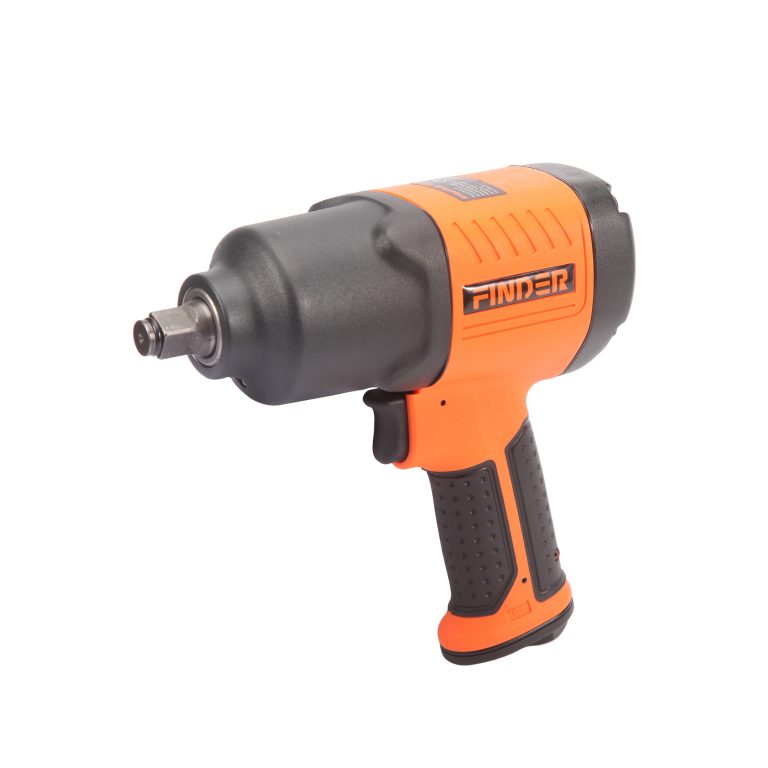Exploring Air Tools vs. Electric Tools
When considering whether air tools are worth the investment, it’s essential to compare them thoroughly with electric tools. Understanding the advantages and disadvantages of air tools in comparison to electric tools is crucial for making informed decisions. Exploring the practical applications and efficiency of air tools versus electric tools provides valuable insights into their respective capabilities. This comprehensive comparison allows individuals to evaluate which type of tool best suits their specific needs and requirements.

Advantages of Air Tools
Efficiency and Power
- Air tools are highly regarded for their exceptional efficiency and consistent power delivery, making them well-suited for a wide range of applications.
- The pneumatic system of air tools ensures dependable performance and high power output, contributing to their effectiveness in various tasks.
Durability and Reliability
- One of the key advantages of air tools is their remarkable durability and reliability. They often have longer lifespans compared to electric tools, thereby reducing the need for frequent replacements.
- The absence of electrical components in air tools enhances their reliability while also minimizing the risk of malfunctions, making them a dependable choice for demanding work environments.
By harnessing the power of compressed air, air tools offer unparalleled efficiency and reliability, making them indispensable for numerous industrial and automotive applications.
Practical Electric Tool Applications
Versatility and Convenience
When access to compressed air is limited, electric tools offer unparalleled versatility and convenience. Their portability and ease of use make them highly practical for a wide range of applications, especially in environments where setting up an air compressor may not be feasible. Whether it’s construction sites, woodworking projects, or home repairs, electric tools provide the flexibility needed to tackle various tasks without the constraints of requiring compressed air.
Precision and Control
Electric tools are renowned for providing precise control over speed and torque, making them indispensable for tasks that demand accuracy. The ability to adjust settings and operate electric tools with precision enhances their practicality in numerous scenarios. Whether it’s drilling delicate holes, driving screws into tight spaces, or performing intricate woodworking cuts, the precision and control offered by electric tools make them an essential choice for professionals and DIY enthusiasts alike.
Comprehensive Tool Comparison
Performance and Output
When comparing the performance and output of air tools and electric tools, it becomes evident that each type has its unique strengths. Air tools are known for their exceptional power delivery and efficiency, making them ideal for heavy-duty applications such as automotive repair, metal fabrication, and construction. On the other hand, electric tools offer consistent performance with the added advantage of being suitable for a broader range of tasks due to their versatility and ease of use.
Understanding the specific applications where each type of tool excels is crucial for making an informed comparison. While air tools excel in high-power output tasks, electric tools shine in scenarios requiring precision, control, and adaptability. By evaluating the performance and output based on the specific requirements of a project or task, individuals can determine which type of tool aligns best with their needs.
Cost and Investment
Analyzing the cost and long-term investment associated with air tools and electric tools is essential for evaluating their worth. Air tools often have lower initial purchase costs but may require additional expenses for maintaining an air compressor system. Electric tools generally have higher upfront costs but lower ongoing maintenance expenses. Considering factors such as initial purchase costs, maintenance expenses, and overall value helps in making a comprehensive comparison to determine which type of tool provides the most cost-effective solution over time.
By carefully considering both performance/output capabilities and cost-related factors, individuals can make informed decisions about whether air tools or electric tools are more suitable for their specific applications.
Making Informed Decisions
When it comes to making informed decisions about whether air tools are worth the investment, several crucial factors need to be considered. Evaluating the advantages and limitations of both air tools and electric tools is essential for determining the most suitable option for various applications.
Factors to Consider
Considering specific project requirements, budget constraints, and long-term usage is crucial for making well-informed decisions about tool selection. Each type of tool has its unique strengths and limitations, and understanding how these align with the demands of a particular project or application is vital. By carefully assessing the nature of the tasks at hand, as well as the available resources and infrastructure, individuals can make sound decisions regarding whether to invest in air tools or electric tools.
Final Verdict
After conducting a comprehensive analysis that takes into account various factors such as practicality, efficiency, long-term benefits, and cost considerations, reaching a final verdict becomes clearer. Understanding how each type of tool aligns with specific project requirements and overall usability provides valuable insights into their worth. By weighing these aspects against individual needs and preferences, individuals can confidently determine whether air tools are indeed worth the investment.
Evaluating Air Tool Worth
When evaluating the worth of air tools, it’s essential to conduct a comprehensive comparison with electric tools, taking into account various factors such as performance, cost, and practicality. Understanding the advantages and limitations of air tools in different applications is crucial for determining their overall value and worth. By analyzing the efficiency, reliability, and long-term benefits of air tools, individuals can make well-informed decisions about their investment in these essential pneumatic tools.
In conclusion, assessing the worth of air tools involves a thoughtful consideration of their capabilities and suitability for specific tasks, ensuring that they align with the requirements and preferences of users.
